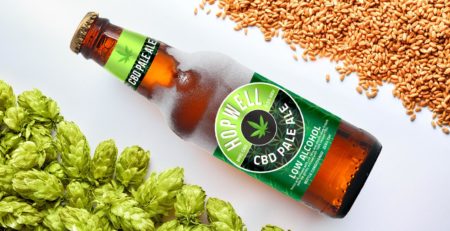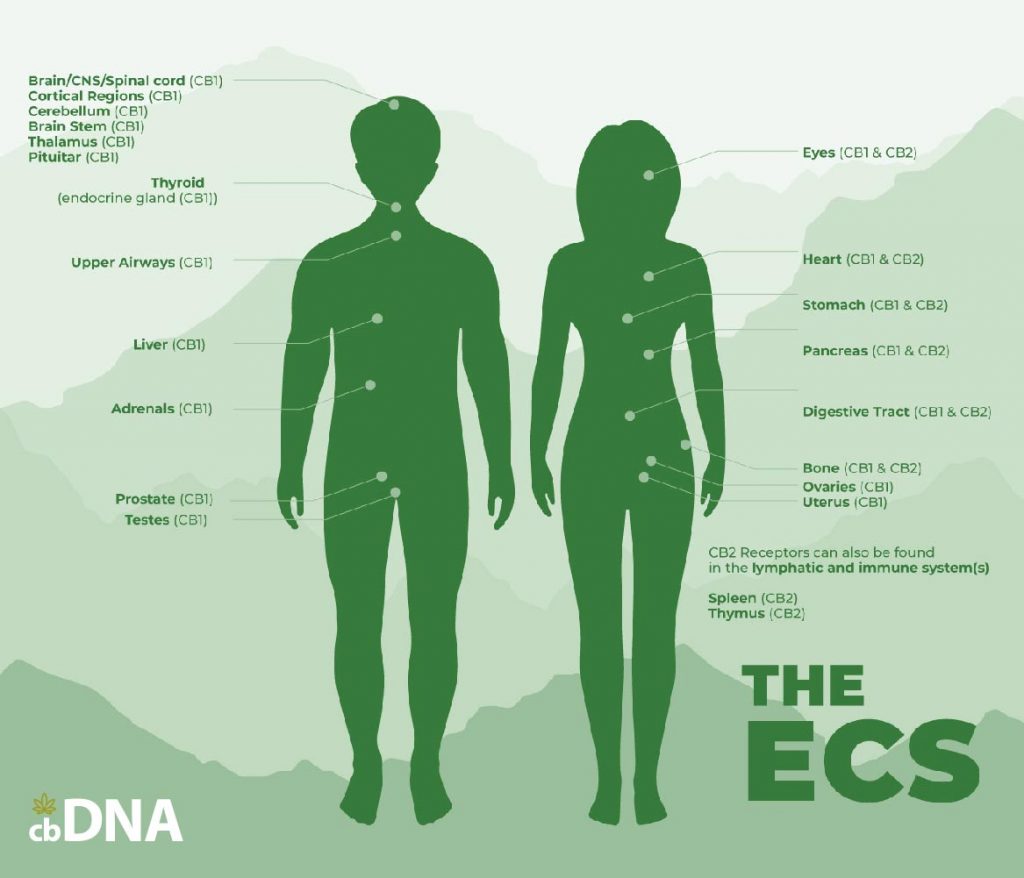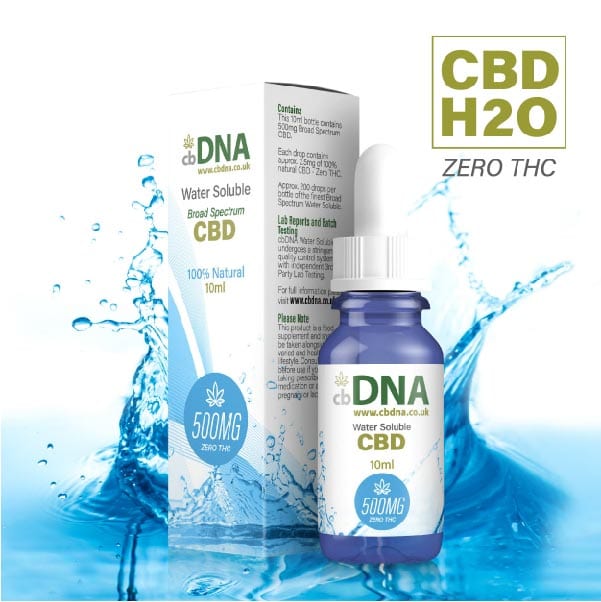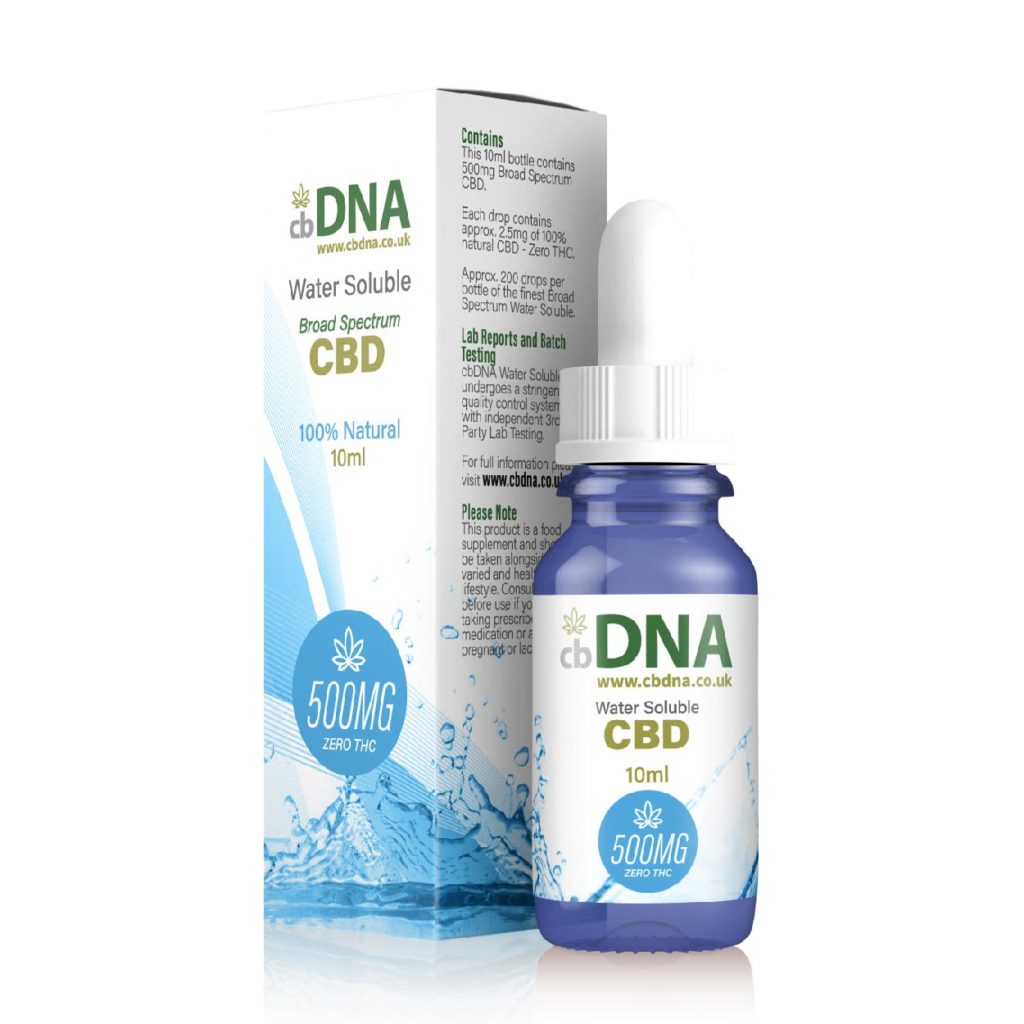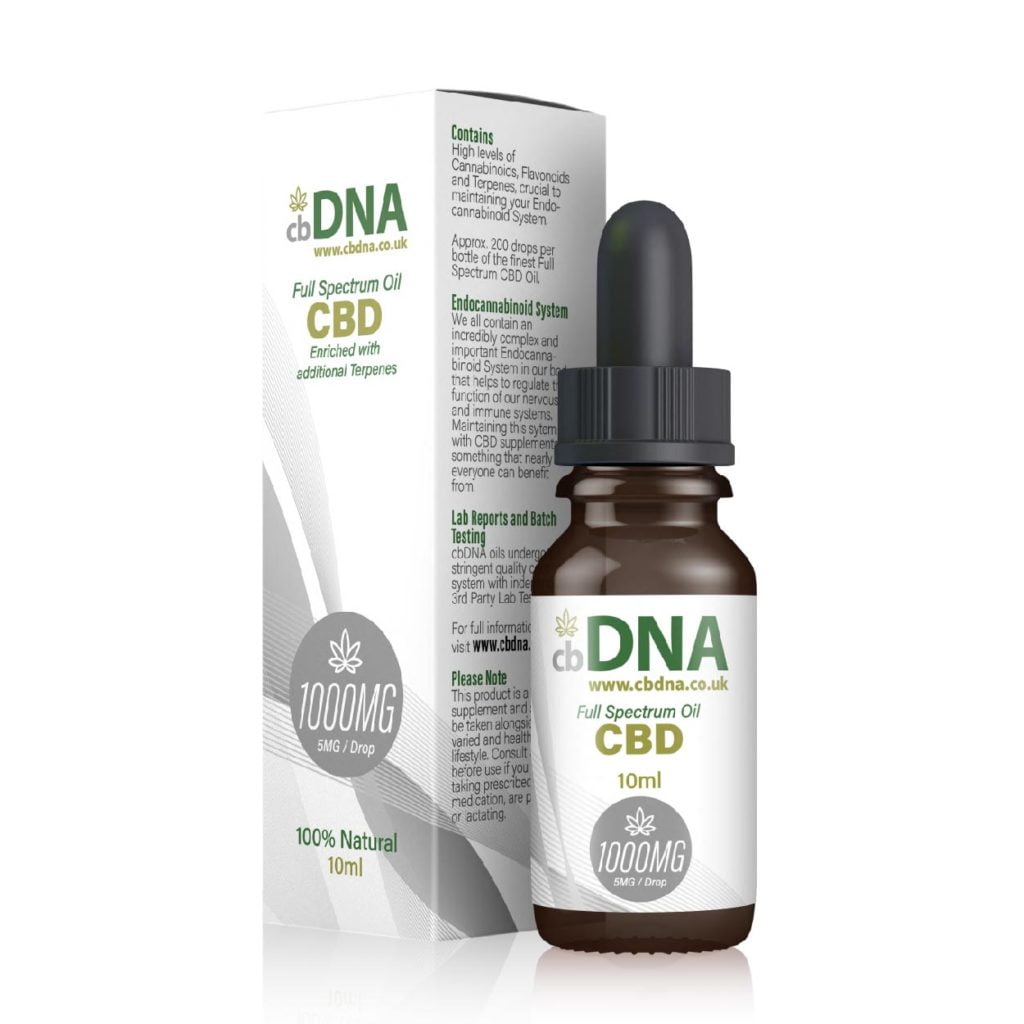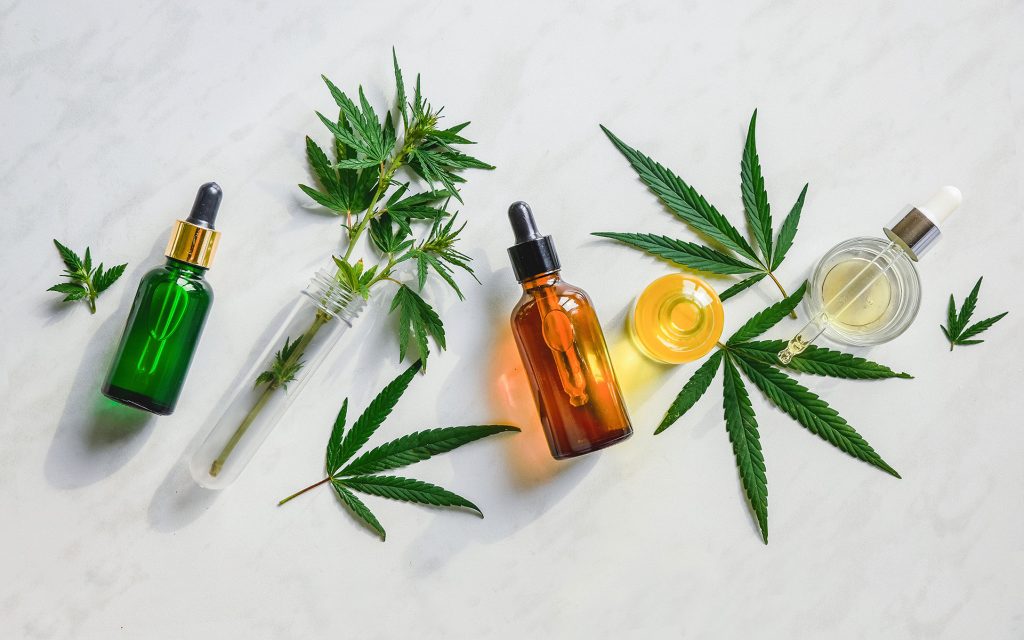
Is CBD Safe?
Is CBD Safe? Medicinal cannabis is by no means a new phenomenon. On the contrary, the cannabis plant has been used as a form of pain relief for thousands of years. However, it has only been within the past decade that modern consumers. And indeed some medical professionals, have begun to recognize its possible benefits – particularly in the form of CBD. Consumers have an abundance of choice when it comes to CBD products. These oils, creams, salves, edibles, vapes, and more are available.
Yet, despite their enthusiasm, many consumers remain in the dark about what CBD is, how it is related to cannabis, or what it actually does. Medical cannabis products contain various compounds and abbreviations, which can create confusion as to what goes into medicinal cannabis products. With such jargon overwhelming many consumers, it’s no wonder that there are certain misconceptions surrounding the market, particularly when it comes to safety and legality. So, is CBD safe? Learn all you need to know here.
Is CBD Safe: What is CBD?
Short for cannabidiol, is a chemical compound found in the Cannabis Sativa plant, of which Hemp is a variety. CBD is a type of cannabinoid, of which there are many found in Cannabis Sativa. CBD is non-psychoactive, which means it won’t get you high. The compound that causes the high from cannabis, THC, is only found in trace amounts in hemp. CBD is legal, unlike THC, which is a controlled substance and illegal in many countries.
CBD products vary widely; the most common forms are oils, sprays, and vapes. It’s also available as a topical cream or muscle balm.
CBD’s actual effect on the human body is thought to affect our cell-signaling system (the endocannabinoid system), which helps to regulate functions such as sleep, immune response, and pain. This explains CBD’s potentially wide-ranging application.
CBD is popular for a range of conditions, such as:
- Anxiety
- Depression
- Eczema
- Arthritis
- Insomnia
- IBS
- Muscle Spasms
Is CBD Safe: How CBD interacts with the body?
CBD and THC interact with our bodies in a variety of ways. One of the main ways is by mimicking and augmenting the effects of the compounds in our bodies called “endogenous cannabinoids” – so named because of their similarity to compounds found in the cannabis plant. These “endocannabinoids” are part of what scientists refer to as the “endocannabinoid system.”
The discovery of the endocannabinoid system has significantly advanced our understanding of health and disease. It has major implications for nearly every area of medical science and helps to explain how and why CBD and THC are such versatile compounds – and why cannabis is such a widely consumed plant, despite its illegal status.
The endocannabinoid system plays a crucial role in regulating a broad range of physiological processes that affect our everyday experience – our mood, our energy level, our intestinal fortitude, immune activity, blood pressure, bone density, glucose metabolism, how we experience pain, stress, hunger, and more.
Legality
CBD is not illegal. The Cannabis plant (also known as Cannabis Sativa) produces over 140 different organic compounds (called cannabinoids). However, only two are currently generally considered to be the primary active ingredients: Cannabidiol (CBD) and Tetrahydrocannabinol (THC). Many people tend to get these abbreviations mixed up, which has resulted in the misconception that CBD is illegal.
To make it clear, THC is the only psychoactive component within the cannabis plant, which creates the ‘high’ that comes with recreational cannabis. It is for this reason that the UK government sets a volume limit of 0.2% for THC in medical cannabis products – anything over this percentage is illegal. CBD on the other hand, is non-psychoactive, and once it has been processed properly, can be used in various consumer products.
The science
Several studies have found CBD to be well tolerated in most people and the World Health Organisation has said that “to date, there is no evidence of public health related problems associated with the use of pure CBD.” Additionally, when shopping for CBD products, you can check if the product has been checked and analyzed by a 3rd party lab. CBD Myths

